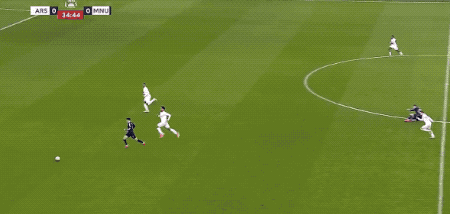In the third round of the English FA Cup, Arsenal, with a total value of 1.17 billion, faced off against Manchester United, worth 800 million, in a match that could be described as a collision between Mars and Earth, attracting the attention of countless football fans. The two teams engaged in fierce competition on the field, presenting us with a football feast full of drama and topics.

In the first 20 minutes of the game, Arsenal controlled the initiative on the field with waves of attacks. Martinelli's goal was ruled offside, causing Arsenal to miss the opportunity to take an early lead. This decision foreshadowed the outcome of the game, reflecting from the side that in high-level competitions, details determine success or failure, and a small offside mistake can change the direction of the game.
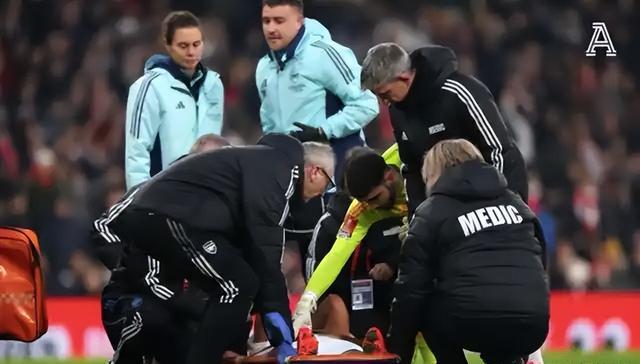
After 25 minutes, an unexpected turn occurred in the game. Jesus' foul on B Fee caused him to be injured and leave the field, which was undoubtedly a major blow to Arsenal's attack. Injuries on the football field are always heart-wrenching, and Jesus' tears on the field also moved the fans. This incident also tested Arsenal's adaptability and squad depth. Whether Sterling's substitute appearance could fill the gap left by Jesus became a major highlight for Arsenal in subsequent games.
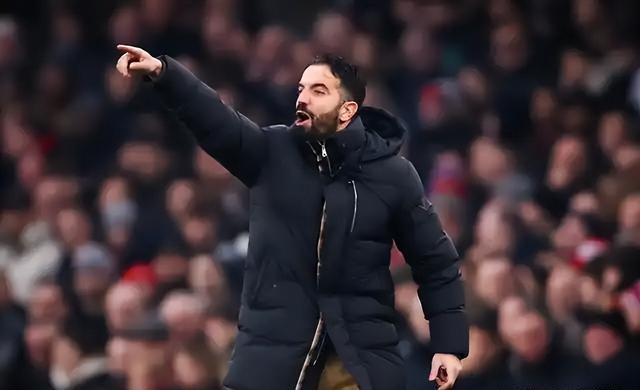
The two teams drew blanks in the first half. In the 52nd minute of the second half, Manchester United played a wonderful combination, with Garnacho assisting B Fee to break the deadlock. This goal demonstrated the tacit understanding and individual ability of Manchester United's attacking line. However, three minutes later, Havertz missed a good chance, followed by Odegaard's penalty being saved by Byness and Rice's header being blocked, causing Arsenal to miss consecutive opportunities to equalize the score. Fortunately, in the 63rd minute, Gabriel made amends by equalizing the score, bringing the game back to the same starting line. This series of score changes fully reflected the uncertainty and drama of football matches. Both sides had commendable performances in attack and defense, but they also exposed some problems.
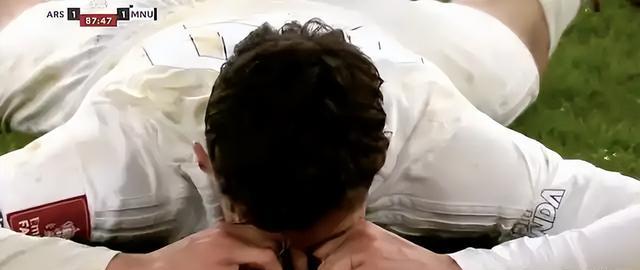
In the 61st minute, Dalot's tackle on Merino turned two yellows into one red and was sent off, putting Manchester United in immediate trouble. With one less player, Manchester United faced immense pressure in the ensuing game, while Arsenal gained more attacking opportunities. This incident once again highlighted the importance of emotional control and action scale in intense competitions. A red card may have a profound impact on the outcome of the game.
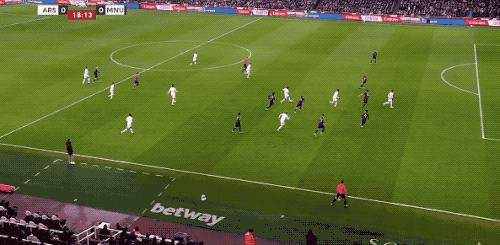
After drawing 1-1 in regular time, the game went into extra time. In extra time, the Gunners missed scoring opportunities again, and eventually both sides had to decide the winner through a penalty shootout. Manchester United scored all five penalties, demonstrating their strong mental quality and penalty skills. On the Arsenal side, Havertz missed several chances and then missed a penalty, which was regrettable. In the end, Manchester United eliminated Arsenal 6-4 and advanced to the fourth round. Arsenal set a disgraceful record of 29 years, failing to reach the third round of the FA Cup for the first time in two consecutive seasons since the 1994-95 season. The result of this penalty shootout not only reflected the two teams' ability to withstand pressure and penalty training level at critical moments, but also forced Arsenal to reflect on their stability and ability to seize opportunities in key matches.
